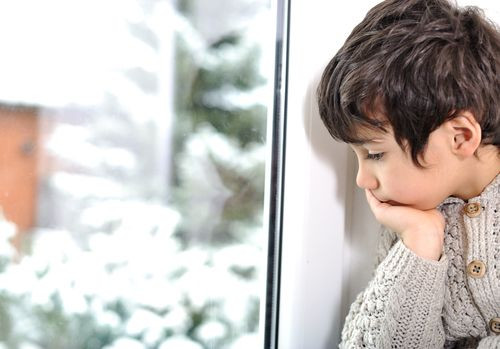High Quality Early Childhood Education Primes Children For Family Income Decline

There has been an established relationship between the financial status and the development of children in a family. While it is known that a sudden drop in income adversely impacts children’s behavior, a new study shows that those receiving high quality early childhood education and care centers are better buffered to handle such circumstances than those who did not get such education.
The study comes from Norway, where high-quality education is subsidized and available to all children over the age of 1, whether they are from high- or low-income families. The results of the study are published in journal Child Development.
"Our study adds to the growing body of evidence supporting the potential power of universal access to high-quality early childhood education and care for improving children's well-being and growth," said lead researcher Henrik Daae Zachrisson in a statement.
The Early Childhood Education and Care (ECEC) in Norway, which gets 80 percent grants from the government, is voluntary until the age of 5. But in recent years, the number of children attending these kindergartens has increased dramatically with more than 88 percent being in early childhood education and care centers by 36 months. In order to further encourage parents of low-income families to send their children to such facilities, the researchers conducted this study by drawing data on 75,000 children and their families who participated in assessments from birth through age 3.
The families' economic profiles were taken from tax records, and children's behavior was assessed based on interviews with the mothers. The mothers gave information on the children's aggression and noncompliance (externalizing problems), withdrawal and anxiety (internalizing problems), and attendance at an early childhood and care center.
According to the study, when families' incomes (adjusted for family size and yearly median income in Norway) decreased, their children's behavior problems increased. Conversely, when families' incomes increased, their children's behavior problems decreased. These patterns were pronounced in children who came from low-income families.
But those, even from low-income families, who attended these high-quality kindergartens, showed low levels of internalizing problems such as withdrawal and anxiety regardless of whether their families experienced worsening or improving economic circumstances.
"Even in a context such as Norway, which has relatively little income inequality and relatively strong social supports for families, children in low-income families still appear to be sensitive to acute fluctuations in income, a finding that's also been demonstrated in the United States," according to Zachrisson and coresearcher Eric Dearing. "However, children in regulated, high-quality early childhood education and care centers appear to be protected against the negative effects of changes in income within families when it comes to internalizing problems."
Source: Zachrisson D. Dearing E, et al. Child Development. 2014.
Published by Medicaldaily.com



























